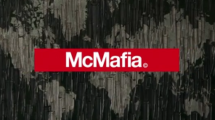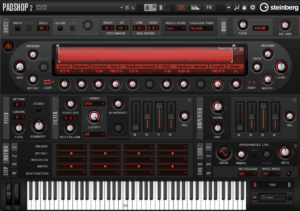I’ve been writing music for films and games for many years, but always remotely. I live in Glasgow, and the people that I’ve written music for don’t.
The first film I worked on was a movie for a big Hollywood studio. It was a baptism of fire. Because of the distance and time difference, there were lots of post-midnight telephone calls to discuss the progression, to update me on edits to the film, and to provide direction on where the music should go.
The problem with this is that your director may have a certain idea of what they’d like, but they don’t have the musical experience to communicate that using terms that a musician would understand. I’ve been asked to do things like “make it go faster but keep the tempo the same”, or “can you raise the underbelly of the music?”.
It’s par for the course. If you want to score films, then part of that is learning to interpret a non-musical language and translate it into what the director is after.
For that Hollywood movie, I ended up communicating with a musical director who did know her stuff. It was immediately a much quicker process. Directions started being specific and technical. I could meet requests like “can you drop that by 4bpm” or “drop the filter on the bass a little” within seconds.
Not My Baby
I worked on a short film with a fella from Ireland. It’s the third film I’ve scored for him. There were two distinct parts to the film. This means there a number of ways in which the transition between the parts could be handled musically. This definitely got my brain going. So, there was some idea generation on my part, and some demos sent.
Shortly afterward, I received two pages of notes on the music from the director. The language isn’t musical or technical, but it’s clear and detailed. In other words, it’s perfect. The director noted what he liked, what he doesn’t and further thoughts he has had about musical content. He notes when the transition should happen and when silence is required. From my point of view, my job just got much, much easier.
A composer who also writes their own music will notice that this is the main difference. This isn’t my baby. It’s the director’s. Sure, the music will be mine, and it won’t be like anyone else’s. There’s another creative voice there that can say “no, change it”, and that’s alright. It doesn’t mean you can’t be passionate and honest with the music you’re writing. I have to be open to changing things when asked.
If you’re going to write music for someone else, then you need to accept that, otherwise you’ll be an obstacle.



